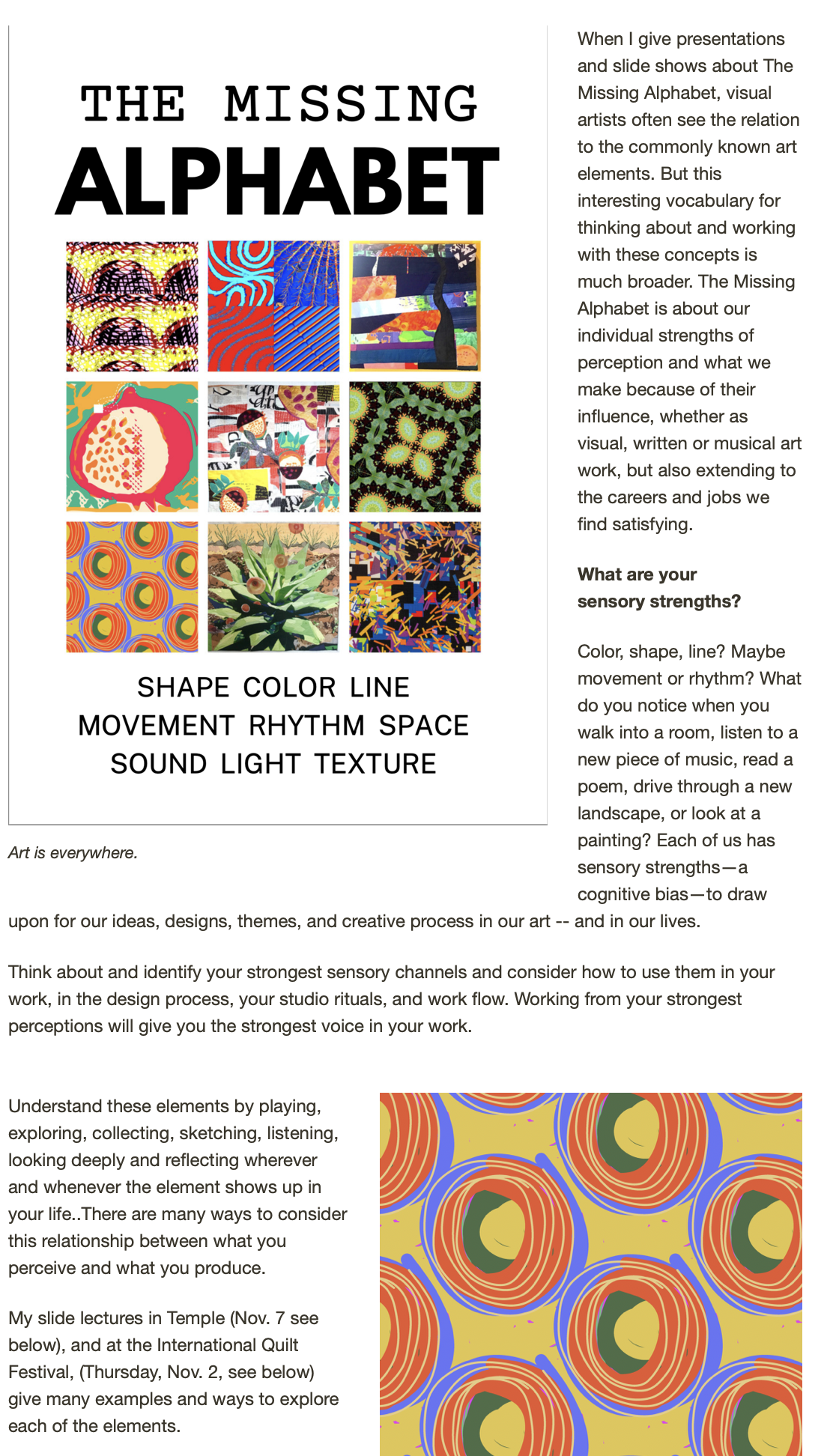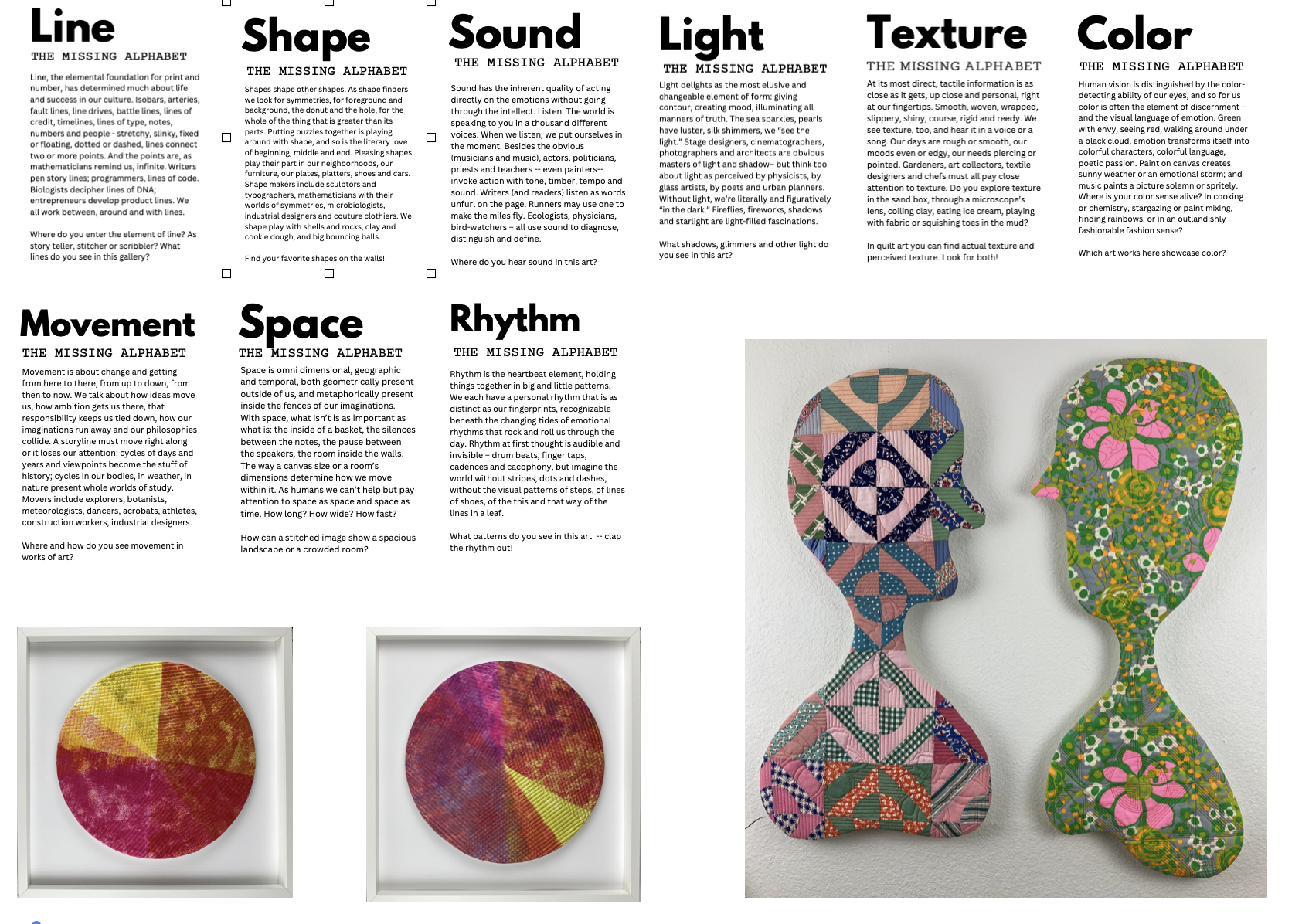Today at my Southwest School of Art class on Finding Your Artist Path, we will be looking at and thinking about and working with SHAPE and CONTRAST. Here are a few of the notes, some things to think about as you go about your creative work today!
SHAPE
A shape is a self contained defined area of geometric or organic form. A positive shape in a painting automatically creates a negative shape.
CONTRAST
Contrast is the juxtaposition of opposing elements eg. opposite colours on the colour wheel - red / green, blue / orange etc. Contrast in tone or value - light / dark. Contrast in direction - horizontal / vertical.
The major contrast in a painting should be located at the center of interest. Too much contrast scattered throughout a painting can destroy unity and make a work difficult to look at. Unless a feeling of chaos and confusion are what you are seeking, it is a good idea to carefully consider where to place your areas of maximum contrast.
These design elements and principles work together (as they all do!) But I think that working with shape gives the artist the perfect laboratory for investigating contrast in a very concrete direct way.
What kinds of shapes do you doodle on napkins, notecards and the item formerly known as a phone pad? What shapes show up at the tip of your pen or pencil.
Do you like clear, well defined shapes that are simple and concrete, easy-to-describe? Or amorphous, vague, or organic shapes?
Do you work with shape in a “flat” 2-D world? Graphically, all one plane? Or as three- dimensional shapes, whether you paint or sculpt them?
Where is the strongest shape contrast in your work? Do you have big shapes, little shapes and medium shapes (remember the “rule of three”)?
Do you layer shapes in your work? Are the layers close together or far apart? Can you see through them or around them? DO you show space through layering? Or light? Or size? Or all of the above?
What shapes your art practice? The time available, what’s left over after everything else, what you think you SHOULD do? What if you gave it another shape?
Try cutting NOTAN shapes as a studio shape practice for a week to develop your shape muscle. What happens?
LINKS to NOTAN:
Some “SHAPE” artists and their work (please add other suggestions to the comments section!):




